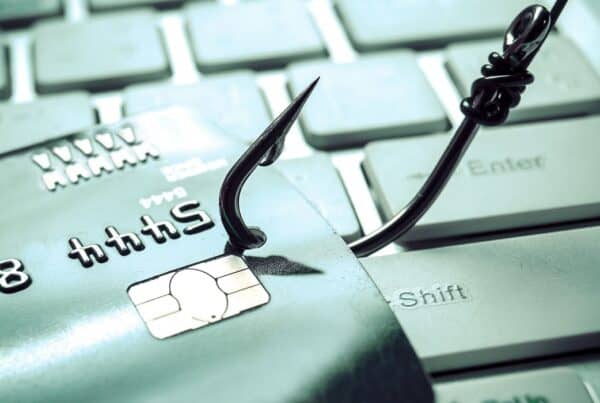

The Net is a tool that offers great advantages, including the rapid acquisition and diffusion of knowledge and the possibility of keeping in constant contact and communication. However, there is the possibility of incurring scams, which are increasingly sophisticated, dangerous and difficult to recognize.
According to recent investigations, half of Italians fear that they will fall into the trap of hoaxes that hide viruses or unknowingly activate dialers that creep into the computer through an auto-installation mechanism.
The people most affected by the scam are the youngest, aged between 18 and 32 years
![]() Codacons has issued a decalogue including simple but important rules to follow in order to recognize and defend against scammers, with particular attention to scams that are spread by email.
Codacons has issued a decalogue including simple but important rules to follow in order to recognize and defend against scammers, with particular attention to scams that are spread by email.
But what are the main types of scams we can run into while surfing the internet?
Fraudsters leverage people's needs such as the need to find work.
The most popular online scams, alongside pishing, scam emails and bogus messages on Whatsapp, even fake job advertisements and sentimental scams.
Among the clues that must immediately make us suspect we find first of all the foreign sender (American, Chinese, African) and the subject of the email (winnings of money, notice of blocking of the mail account or bank account etc.).
In the event that the suspicious email contains attachments, never download the document; it could be phishing or malware attempts to steal pc files.
On Facebook page "A social life" the Postal Police has made known some of the frauds that can occur during the use of the famous instant messaging app.
Fraudsters use recognized sites or social networks, such as Linkedin, deemed equally reliable, to publish and disseminate advertisements containing fake job offers. The aim is to obtain large-scale payments.
After obtaining the transfer, presented to the victims as necessary to obtain the much desired job, the scammers also request the bank details, so that the victims suffer identity theft.
To recognize this type of scam it is necessary to keep in mind the characteristics of a serious job offer:
Among the sentimental scams, the channel used in this case is, in most cases, Facebook.
After assuming the identity of a gentleman, the scammer contacts the female profiles on the social network and, after a tight courtship, pretends to need money to get out of a serious inconvenience occurred in some foreign country.
The scammer sends photocopied documents on other profiles on the site to the unfortunate and scams video calls on Skype with special software.
Once the requested sum has been received, he will ask for it again or terminate any relationship with the victim. According to an FBI report, in 2011 the sentimental scam led to debt of about 10,000 women, mostly between the ages of 40 and 60.
It is useful to know that in Italy Jolanda Bonino has founded an association with the aim of helping the victims of this type of online scam.
The Marie Anne Erize Anti-Violence Center, present in Rome, has released a real guide to recognize the sentimental scam.
It is essential to "study" the suitor's Facebook page: among the first warning signs, the very low number of friends, total absence of personal data, and the rarity of updates on the page. To specific questions, the character will always answer vaguely and inaccurately and provide bogus phone numbers, which usually begin with the prefix +4470.
Facebook also offers an additional tool to investigate the character: by clicking with the right mouse button on the profile photo, you can search for the image on Google and find out if it has been copied from other websites.
The criminal's identikit is quite recognizable: scammers usually present themselves as middle-aged widowed men, successful managers shot down for the sadness of their love life and in search of their soul mate.
It is important, in the event that you believe you have identified or be the victim of a scam on the internet, immediately contact the Postal Police station, present on the net with a website and a Facebook page.
The place, managed by technicians and investigators, it contains three main areas:
In official Facebook page of the PS Online Commissariat - Italy it is possible to be constantly updated on online crimes and scams.
Could it be interesting for you "Telephone scams"